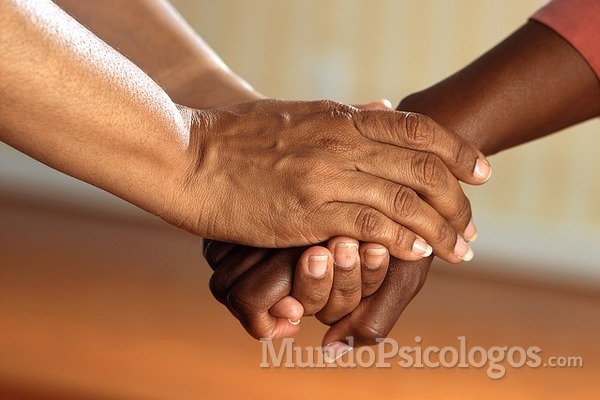Being supportive is very beneficial for our emotional health, in addition to helping those who need it most.

According to Gallup polls, the poorest countries on the planet are among the most supportive, which shows that generosity has nothing to do with the economic situation that those countries or their citizens are going through.
The data is clear in this regard: Myanmar, with 70%, and Laos, with 63%, are at the top of the table despite their poverty, compared to richer countries. The generosity of these countries puts on the table the contradiction that exists between the economic capacity of citizens and their supportive nature.
When we think about solidarity, we often think of the campaigns that NGOs carry out to raise funds and the partners who generously make donations to alleviate the dramatic circumstances that many people are going through. But solidarity is something more than that, it is something more than making a specific donation, although, there is no doubt, that also helps, a lot.
According to data provided by the Gallup survey, almost 30% of the population carries out some type of solidarity action. In our country, 28% of Spaniards carry out acts to benefit those most in need, whether contributing money to specific campaigns or on a regular basis, either through activities that seek to raise awareness and help others when they need it most.
In addition to the economic benefits of donating money, which can be an attractive incentive for many (tax relief), generosity entails other emotional benefits that we should not overlook and that extend to all acts of solidarity that can be carried out, not just donations. Being generous can give us emotional stability, as it makes us feel better about ourselves and happy about the help provided. Furthermore, it makes us be more empathetic with the problems and needs of others Understanding the situation that many people are going through makes us aware of what surrounds us and we want to collaborate to alleviate this suffering. Therefore, being supportive also makes us more empathetic and committed to others, more sociable and more fair.
Collaborate in soup kitchens, help teach a language to those arriving in a new country, give blankets and food to newcomers, or share our time with those who need our attention and help (such as older people who live alone, for example) can make us healthier and mentally healthier people. Because the personal growth that such acts give us, the feeling of total fulfillment that we feel when we help others and are aware of it, makes us happier and, in the long run, healthier people
This is not something we say randomly. There are studies that seem to demonstrate this: when we are supportive our brain shows a pleasant feeling of pleasure much greater than what we can experience when we are the recipients. And generous people know this well, who feel satisfied and exultant with each act of solidarity they carry out because of the consequences that these acts have on others.
Therefore, solidarity, human generosity should not only be something that we offer occasionally, when we see a natural disaster on TV or there is a humanitarian crisis, but it should be an action that we always carry out, because, at the same time We help others, it will make us happier.








